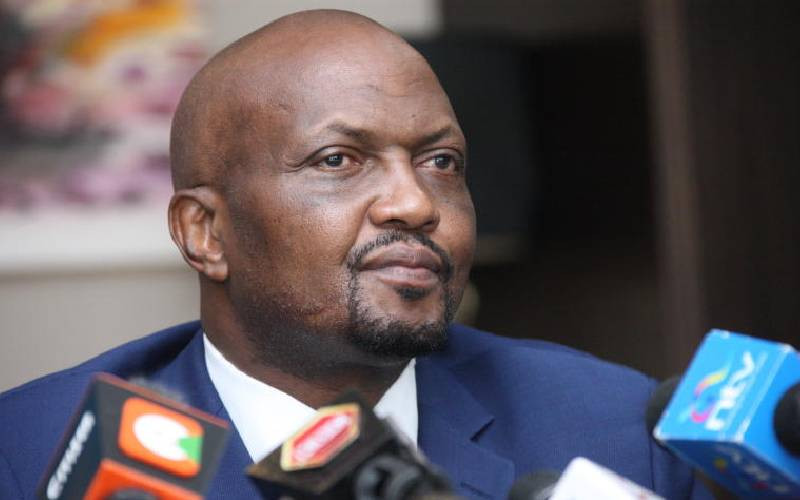
The Kenyan media must change their attitude toward the government, and the government must seek ways of looking at the media differently. This can only happen if the media and the government heal from the 2022 election outcome, especially the presidential election.
As far as the political heavens are concerned, none of them is free, none has moved on. The media have not accepted the 2022 election results while the government is still harbouring the pre-election coverage's pains. They are clothed in vengeance against the Fourth Estate. How long can this vendetta last?